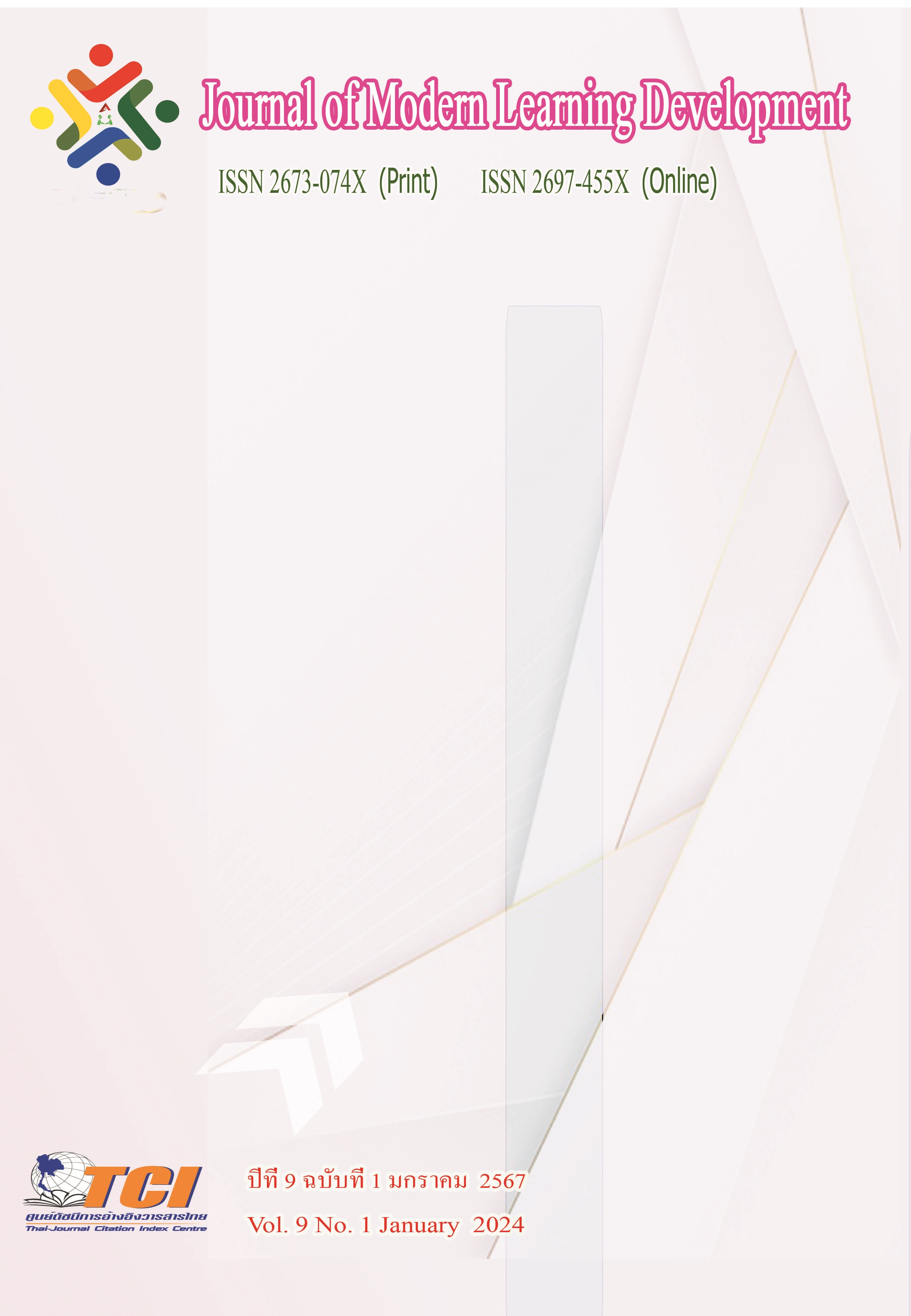Karma as Criteria for Considering Action in Buddhism and Philosophy
Main Article Content
Abstract
The objectives of this research were: 1. Study basic knowledge about karma in Buddhism 2. Study the criteria for diagnosing actions in Buddhism and philosophy and 3. Analyze examples of actions according to Buddhist and philosophical diagnostic criteria. This research is a documentary research which studied information from the Tripitaka, Buddhist academic documents and related research, then presented the research results with a descriptive and inductive analysis method.
The research results found that :
Karma is an important teaching in Buddhism, refers to actions that cause results to the doer. An openings or orifices that give rising Kamma: physical Kamma, verbal Kamma, mental Kamma, with roots coming from intentionality (intention) that has been accomplished. There are 4 types of Kamma: black Kamma, white Kamma, both black and white Kamma, Karma is neither black nor white. And karma is divided into 3 types: divided according to quality, divided according to the anus, and divided according to condition.
Criteria for diagnosing actions in Buddhism include: 1) The main diagnostic criteria are criteria that refer to the intent of human actions which drives one to do good or evil, 2) the common diagnostic criteria are the conscience and the opinion of an expert. As for the criteria for judging philosophical actions, there are relativism, absolutism, utilitarianism and view of Immanuel Kant.
Analyzing example cases of actions according to the diagnostic criteria of Buddhist and philosophy, there are: In the case of a man having sex with a prostitute, it depends on the sexual behavior of the individual, a prostitute is considered a type of wife called a temporary wife (Muhuttika), and in the case of a woman selling her ovaries, it was caused by a woman having infertility. These 2 Dhammas are the supporting factors for doing various things, always follow themself desires and needs.
Article Details
References
มหาจุฬาลงกรณราชวิทยาลัย. (2539). พระไตรปิฎกภาษาไทย ฉบับมหาจุฬาลงกรณราชวิทยาลัย. กรุงเทพมหานคร: โรงพิมพ์มหาจุฬาลงกรณราชวิทยาลัย.
พระราชวรมุนี (ประยุทธ์ ปยุตฺโต). (2526). พระพุทธศาสนากับสังคมไทย. กรุงเทพมหานคร: เจริญวิทย์การพิมพ์.
วิทย์ วิศทเวทย์. (2553). ปรัชญาทรรศน์ : พุทธปรัชญา. กรุงเทพมหานคร: โครงการเผยแพร่ผลงานวิชาการ คณะอักษณศาสตร์ จุฬาลงกรณ์มหาวิทยาลัย.
วิจิตร เกิดพิสิษฐ์. (2531). ปรัชญาครูหกในสมัยพุทธกาล. กรุงเทพมหานคร: พรศิวการพิมพ์.
ราชบัณฑิตยสถาน. (2540). พจนานุกรมศัพท์ปรัชญาไทย-อังกฤษ ฉบับราชบัณฑิตยสถาน. (พิมพ์ครั้งที่ 2). กรุงเทพมหานคร: ราชบัณฑิตยสถาน.


